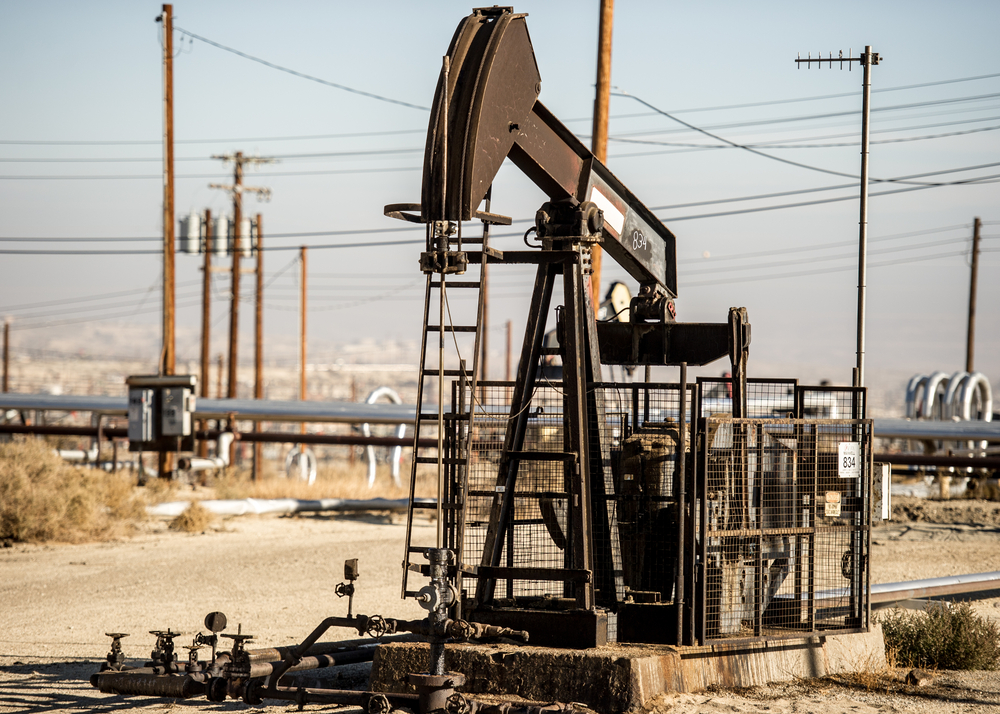Live near one of the more than 6,000 fracking wells drilled in Pennsylvania within the last six years? Suffering from skin rashes, nausea or nosebleeds, and worried that nearby drilling is to blame? Don’t bother calling the Department of Health, which apparently isn’t concerning itself with these sorts of things.
Pennsylvania, situated atop the natural gas-rich Marcellus Shale, has been a focal point of the nation’s fracking boom, the potential health impacts of which we know little. And according to a damning report from NPR State Impact, the state has dealt with that lack of information about the health risks of fracking not by studying the health risks of fracking, but by ignoring the problem and hoping it goes away.
According to two former workers with the state Health Department, who are now retired, employees who received phone calls from residents concerned about health risks were ordered to ignore them:
“There was a list of buzzwords we had gotten,” [Tammi Stuck, who retired from the Department of Health two years ago] said. “There were some obvious ones like fracking, gas, soil contamination. There were probably 15 to 20 words and short phrases that were on this list. If anybody from the public called in and that was part of the conversation, we were not allowed to talk to them.”
Normally, when fielding calls, Stuck would discuss the caller’s problem, ask about symptoms, and explain what services the department or other agencies could offer.
However, for drilling-related calls, Stuck said she and her fellow employees were told just to take the caller’s name and number and forward the information to a supervisor.
“And somebody was supposed to call them back and address their concerns,” she said, adding that she never knew whether these callbacks occurred.
Sometimes, Stuck said, people would call again, angry they had not heard back from anyone from the department.
…“People were saying: Where’s the Department of Health on all this?” Stuck said. “The bottom line was we weren’t allowed to say anything. It’s not that we weren’t interested.”
Marshall Deasy, who retired last June after putting in 20 years of service at the Bureau of Epidemiology in Harrisburg, said that in his office, talking about natural gas development was considered “taboo.”
In other words, the agency appears to be treating the idea that fracking could cause health problems like some sort of crazy conspiracy theory — a categorization that’s kind of hard to justify, considering the peer-reviewed research linking air and water pollution from oil and gas drilling to a bevy of health concerns. In Dallas, a jury recently awarded a family $3 million for damage caused by drilling near their property, including “physical pain and suffering.”
A state Department of Health spokesperson denied the allegations, and said that all complaints related to fracking are sent to the Bureau of Epidemiology. Only 51 cases have been logged, she added, and the agency has yet to find a link between drilling and illness.
If there isn’t more research to help establish such a link, it could be because this is an emerging field, and because the industry’s had a vested interest in keeping such information quiet — in cases in which residents have fought drillers and won, the terms of their settlements are often accompanied by gag orders. And if no health impacts have been documented in Pennsylvania, that could be because the state has yet to conduct even one study dedicated to this purpose. Of the over $630 million the state has raised through its impact fee, which is distributed among agencies involved in regulating drilling, one expert interviewed said that “not one penny” has been allocated to the Department of Health. Gov. Tom Corbett declined to comment.

